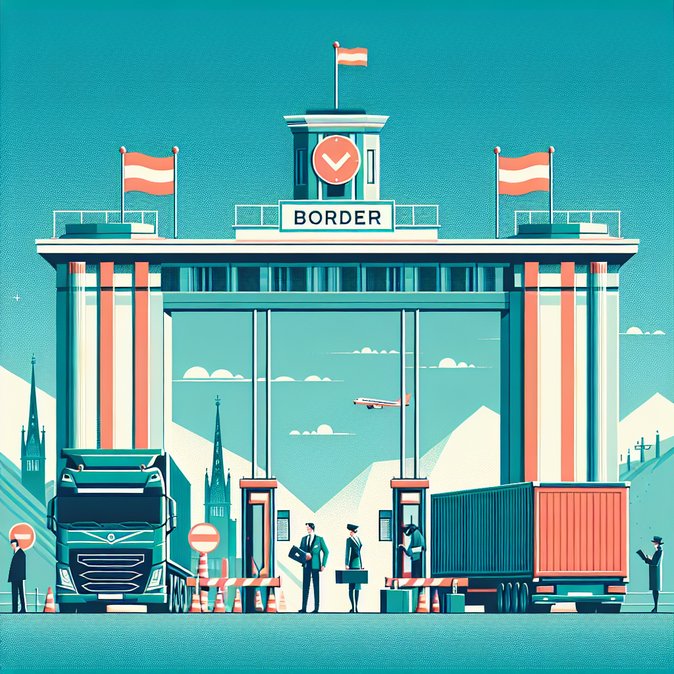
Austria has once again blocked the long-planned accession of Romania and Bulgaria to the Schengen free-travel zone, prompting a sharp rebuke from Bucharest. Speaking the morning after the 30 October meeting of EU interior ministers in Brussels, Romanian President Klaus Iohannis called Vienna’s stance “inexplicable, regrettable and unjustified,” noting that every other EU member backed the enlargement.
Austria’s government argues that an unmanageable number of irregular migrants continue to enter via the Western Balkans route and that the EU’s external-border regime must be fixed before any new members join Schengen. Chancellor Christian Stocker told reporters Austria had recorded 75,000 unregistered migrants so far this year, “posing a security issue we cannot ignore.” Vienna therefore exercised its right to veto, even while supporting Croatia’s earlier entry.
The diplomatic fallout is significant. Romania has hinted it may seek compensation for lost business and tourism revenues, estimating annual losses of €2 billion due to border delays. Within Austria, business lobbies—including the Chamber of Commerce’s logistics division—worry the veto will provoke retaliatory measures such as slower transit for Austrian trucks through Romania and Bulgaria, raising costs along key freight corridors to Turkey and the Black Sea.
For mobility managers the immediate impact is continued friction at Austria’s eastern land borders: commercial drivers must still plan for passport checks and potential queues, while business travellers from Romania and Bulgaria will keep facing airport-transfer time buffers when connecting through Vienna. Longer term, companies with regional hubs in Vienna may see political pressure grow for tougher domestic asylum measures—potentially stricter labour-market tests for local hires or renewed internal border checks with Slovakia and the Czech Republic.
EU officials signalled that talks would resume under the incoming Swedish EU Council presidency, but diplomats say unanimity remains unlikely unless Austria receives concrete guarantees on external-border enforcement and asylum reform—now slated for mid-2026. Until then, the Schengen map will stay unchanged, and corporates should continue to budget for extra compliance and travel time when routing staff through Austria’s neighbourhood.
Austria’s government argues that an unmanageable number of irregular migrants continue to enter via the Western Balkans route and that the EU’s external-border regime must be fixed before any new members join Schengen. Chancellor Christian Stocker told reporters Austria had recorded 75,000 unregistered migrants so far this year, “posing a security issue we cannot ignore.” Vienna therefore exercised its right to veto, even while supporting Croatia’s earlier entry.
The diplomatic fallout is significant. Romania has hinted it may seek compensation for lost business and tourism revenues, estimating annual losses of €2 billion due to border delays. Within Austria, business lobbies—including the Chamber of Commerce’s logistics division—worry the veto will provoke retaliatory measures such as slower transit for Austrian trucks through Romania and Bulgaria, raising costs along key freight corridors to Turkey and the Black Sea.
For mobility managers the immediate impact is continued friction at Austria’s eastern land borders: commercial drivers must still plan for passport checks and potential queues, while business travellers from Romania and Bulgaria will keep facing airport-transfer time buffers when connecting through Vienna. Longer term, companies with regional hubs in Vienna may see political pressure grow for tougher domestic asylum measures—potentially stricter labour-market tests for local hires or renewed internal border checks with Slovakia and the Czech Republic.
EU officials signalled that talks would resume under the incoming Swedish EU Council presidency, but diplomats say unanimity remains unlikely unless Austria receives concrete guarantees on external-border enforcement and asylum reform—now slated for mid-2026. Until then, the Schengen map will stay unchanged, and corporates should continue to budget for extra compliance and travel time when routing staff through Austria’s neighbourhood.









